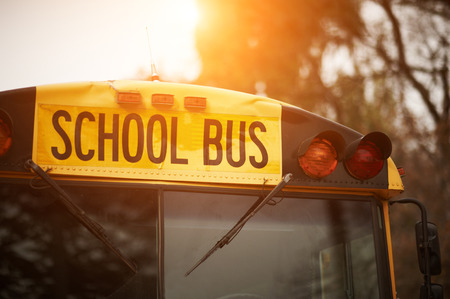
INQUIRER.net stock photo
MANILA, Philippines — In line with the nearing return of students to face-to-face learning, the Land Transportation Franchising and Regulatory Board (LTFRB) has green-lighted school transport services to resume their operations.
Public and private schools in basic education must implement full in-person learning by November, the Department of Education announced earlier.
READ: DepEd orders all schools to shift to face-to-face classes by November 2
To prepare for this, the LTFRB on Friday said school transport services with active Certificate of Public Convenience or Provisional Authority, as well as those with expired CPC but have a pending application for Extension of Validity, will be allowed to operate for the upcoming school year.
The agency also allowed transport services with expiring CPCs from March 31 to August 31 to apply for Extension of Validity with waived penalties.
“This is in recognition of the adverse financial impact of the COVID-19 pandemic on operators and drivers of school transport services. [In doing so,] LTFRB will also waive penalties for school service units with pending confirmation from 31 March 2020 to 31 August 2022,” it explained in a statement.
The school transport services allowed to operate must adhere to these conditions, according to the LTFRB:
- Secured windows (steel-grilled)
- Seatbelts for all passengers
- Working portable fire extinguisher
- “STOP” and “GO” signages to be carried by the conductor when children cross the street
- Wearing of prescribed uniforms by the drivers and conductors.
Operators, drivers, and conductors are likewise urged to adhere to the following health and safety protocols or otherwise face sanctions like the revocation of their CPC and PA:
- Regular examination of the drivers and conductors’ fitness to work by checking their body temperature and screening for any symptoms of COVID-19.
- Regular disinfection of frequently touched surfaces, such as but not limited to seats, armrests, and handles.
- Mandatory wearing of face masks at all times by drivers and conductors, including passengers.
“[To] meet the expected increase in passenger demand at the start of face-to-face classes, LTFRB is considering opening more than 100 routes, particularly within the university belt and other areas with a high concentration of students,” it further noted.